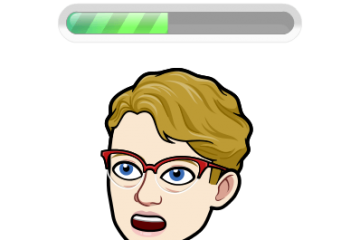As en educator of teacher candidates and researcher, I try to keep a critical eye out for issues surrounding diversity.
Educating
I often ask my students the following questions:
- Whose voices are being represented (age, gender, culture, ethnicity, etc.)?
- Are they represented authentically (are they speaking for themselves, or is someone else telling their story)?
- Are we using pedagogies from other cultures in informed and respectful ways, or are we merely appropriating them.
Research
Within some of the research that I have been doing (aside from my main dissertation research), I have had the fortune of looking at the digital divide and representation online. Let’s face it, it’s predominantly white and english. Who has access, who is represented online, and who can contribute and consume online is greatly impacted by the language that is used and, as 23 things points out, the emojis that are available.
Final Thoughts
Believing that the diversity of who is represented (e.g., women as police officers, diverse ethnicities) doesn’t matter when it comes to emojis, I believe further creates a divide of how people see themselves represented on the internet. It feeds into the hidden curriculum/systemic racism that is so prevalent but often overlooked within our society.
Side note
 As part of the “Thing” we were asked to take a look at Bitmoji. This app is something that I remember playing with a few years back. This time when i logged in and went to customize my avatar, it said it could create one based on a photo of me. Pretty neat! However, I am not sure I appreciate the under eye bags it gave me, haha. It’s a consequence of PhD life, I suppose.
As part of the “Thing” we were asked to take a look at Bitmoji. This app is something that I remember playing with a few years back. This time when i logged in and went to customize my avatar, it said it could create one based on a photo of me. Pretty neat! However, I am not sure I appreciate the under eye bags it gave me, haha. It’s a consequence of PhD life, I suppose.



0 Comments